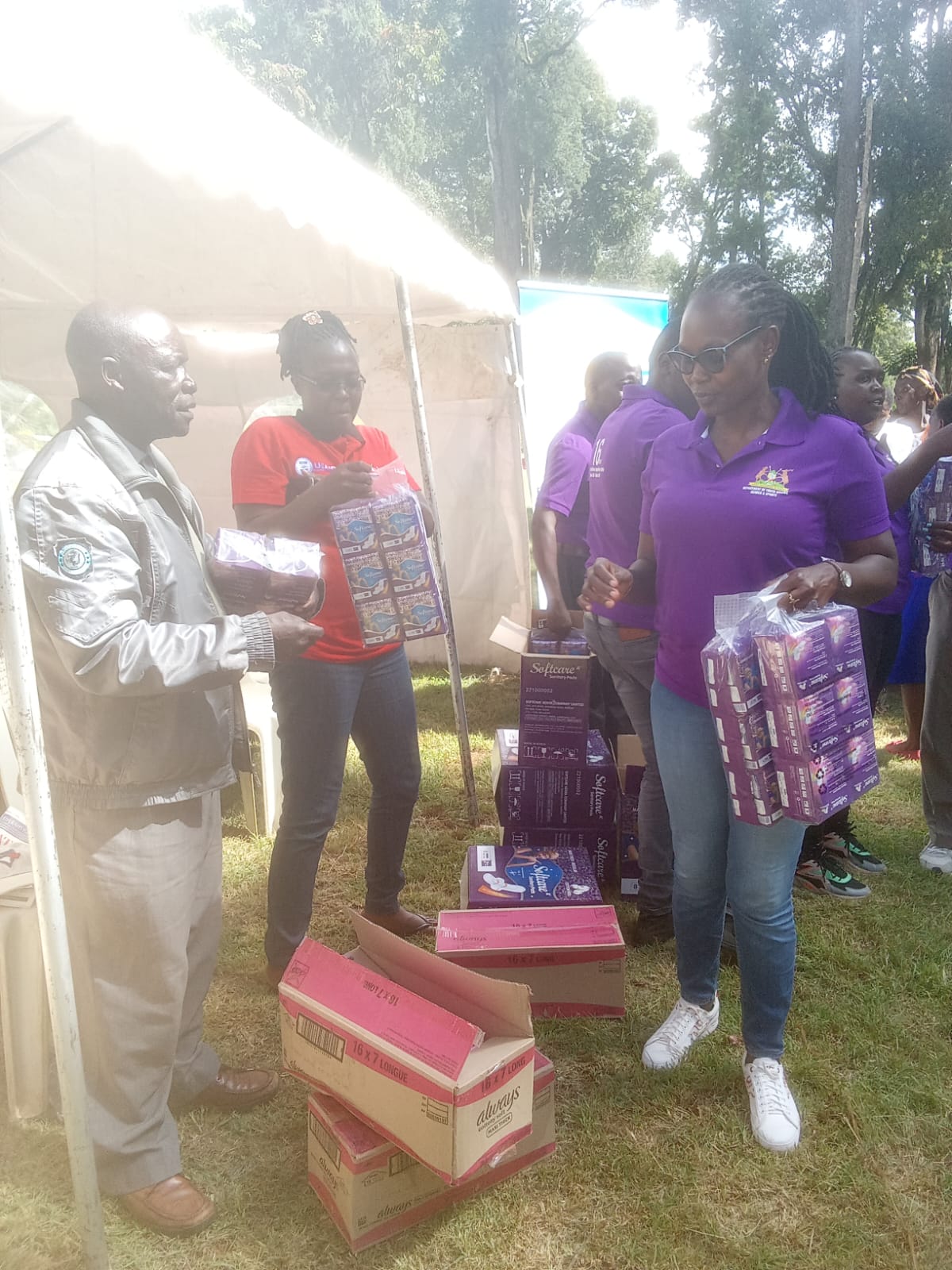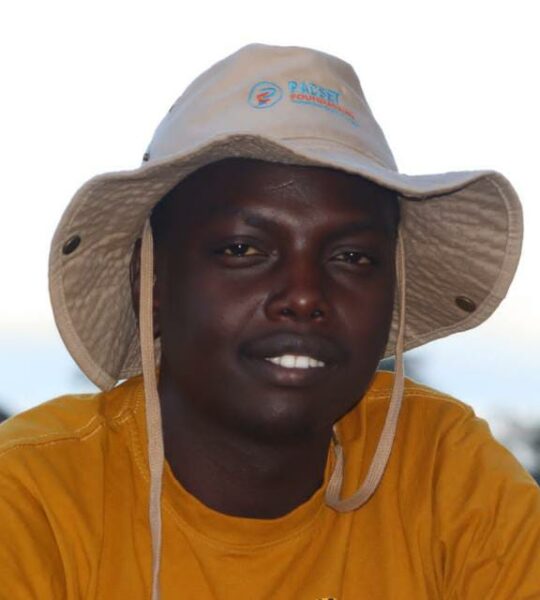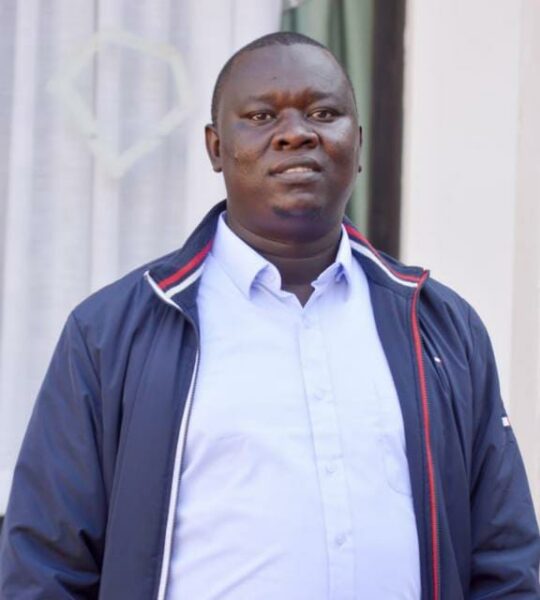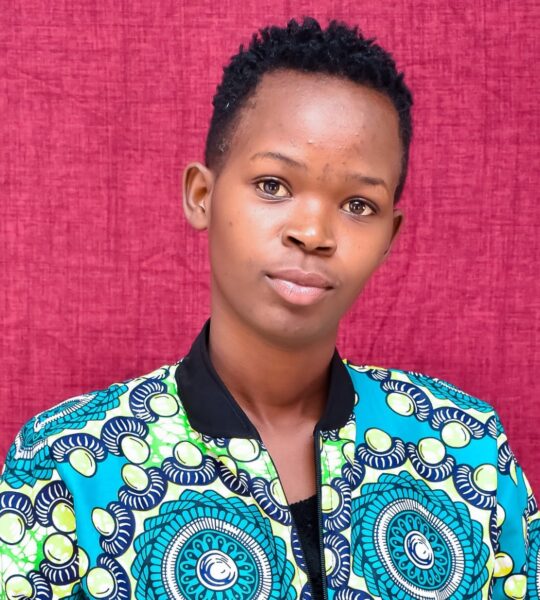Who We Are
The Pastoralist Centre for Socio-Economic Transformation (PACSET Foundation) is a non-profit organization established in 2020. We are dedicated to promoting positive change and finding solutions to the challenges faced by pastoral communities across Kenya.

The only true wealth is the wealth of the intellect; the only true poverty is poverty of the spirit.
Wangari Maathai
Meet Our Team
BILLY KOECH
HEZRON KIPKEMEI
ISAAC CHELAL
JANET ONGOLI
LEAH OGETANGE
Our Most Trusted Supporting Partners











What People Think
Before PACSET came along, droughts meant empty stomachs for my family. Now, with their training on soil management and water conservation, we can grow food even in dry seasons. PACSET has given us the tools and knowledge to build a more secure future.

John Kibet
Farmer, Baringo CountyFor generations, our community struggled with recurring floods. PACSET's investment in early warning systems has been a lifesaver. We can now prepare for disasters and protect our families and livestock.

Titus Kiprotich
Community Leader, West Pokot CountyViolence against women has been a long-standing issue. PACSET is making a difference by raising awareness and empowering women to speak up for their rights. Together, we can create a safer and more just society for all.






